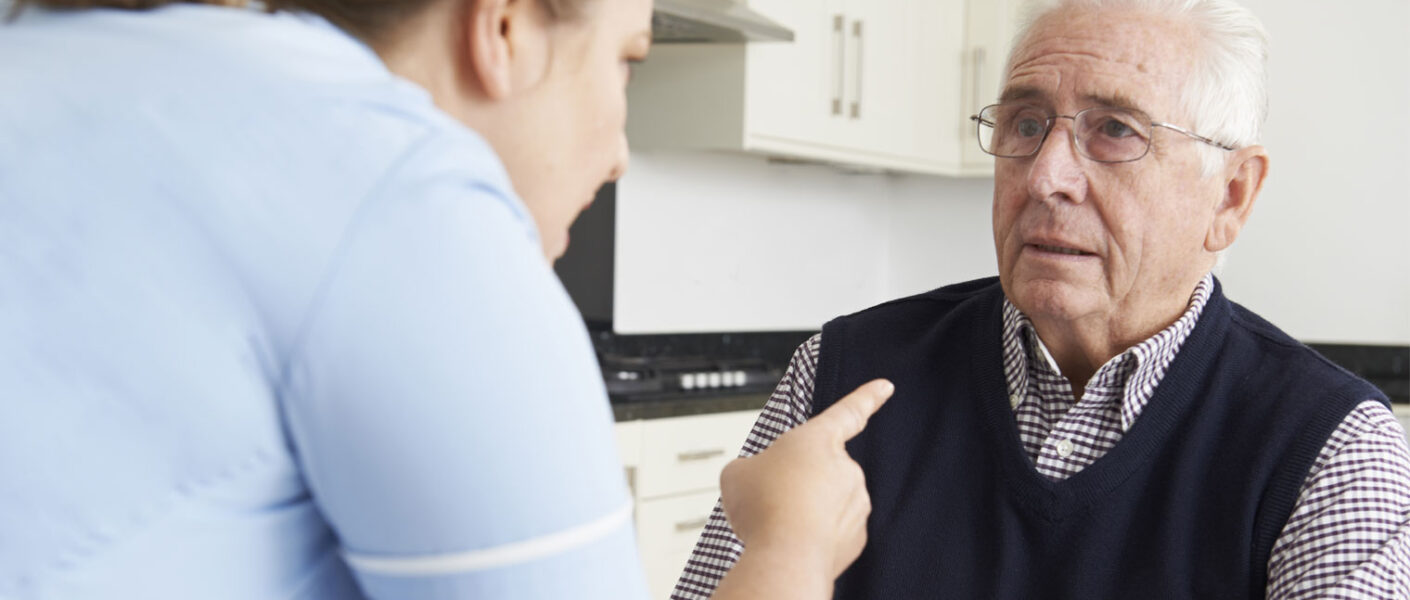Nursing homes are crucial for providing older individuals who might not be able to live independently with care and security. Families trust these facilities to protect their loved ones, but unfortunately, injuries in nursing homes are more common than many realize. Some occur due to accidents, while others result from neglect or even abuse. Regardless of the cause, injuries can have serious consequences for seniors, often leading to lasting health problems or diminished quality of life. Understanding the common types of injuries and the legal options available for victims can help families take the right steps toward justice and recovery.
Common Types Of Injuries In Nursing Homes
Elderly residents are particularly vulnerable due to age-related physical changes, chronic conditions, or reduced mobility. When facilities fail to maintain proper safety standards, injuries can occur in several ways.
Falls And Fractures
Falls are one of the most frequent injuries in nursing homes. Residents may slip on wet floors, trip over clutter, or fall when not properly assisted during transfers. Because seniors often have fragile bones, a simple fall can result in hip fractures, broken arms, or head trauma. Such injuries can drastically reduce mobility and independence. For families seeking legal guidance, learning About Charles Geisendorf can provide reassurance, as his experience in handling nursing home injury cases reflects a strong commitment to protecting vulnerable residents.
Bedsores (Pressure Ulcers)
Bedsores, also known as pressure ulcers, develop when residents are left in one position for too long without proper repositioning. These sores are preventable with attentive care, yet they remain a common problem in understaffed facilities. If untreated, bedsores can progress into serious infections, leading to hospitalization and long-term complications.
Medication Errors
Elderly residents often rely on multiple medications daily. Errors like giving the wrong medication, missing doses, or giving the wrong dosage can result in serious health problems that range from minor pain to serious illnesses. Proper staff training and oversight are essential to prevent these errors.
Malnutrition And Dehydration
Some injuries stem not from accidents but from neglect in meeting basic needs. Dehydration and malnutrition can impair immunity, exacerbate pre-existing illnesses, and make inhabitants more susceptible to further harm. These issues often arise in facilities with poor staffing levels or inadequate monitoring.
Physical Or Emotional Abuse
While it is more difficult to detect, abuse in nursing homes does occur. Physical abuse may leave visible signs such as bruises or unexplained injuries, while emotional abuse can cause anxiety, depression, or withdrawal. Both forms of mistreatment can deeply impact a resident’s well-being and sense of dignity.
Legal Options For Victims And Families
When injuries happen in nursing homes, families are often left feeling helpless and betrayed. Fortunately, the law provides several avenues to seek accountability and compensation.
Filing A Negligence Claim
Most nursing home injury cases fall under negligence. If staff members or the facility failed to provide the standard of care expected, and that failure directly caused harm, victims may be entitled to compensation. This can include medical costs, pain and suffering, and in some cases, punitive damages.
Breach Of Contract Or Regulatory Violations
Families often sign agreements with nursing homes that outline the level of care promised. If the facility fails to uphold its obligations, it may be possible to pursue legal action for breach of contract. Additionally, violations of state or federal regulations governing nursing homes can strengthen a victim’s case.
Wrongful Death Actions
In the worst situations, injuries sustained in nursing homes might result in death. Families can hold the facility responsible by bringing a wrongful death lawsuit. These claims can cover funeral expenses, medical bills, and the emotional loss experienced by surviving family members.
Reporting And Investigations
Legal action often begins with reporting concerns to state regulatory agencies. Investigations can uncover patterns of neglect or abuse, supporting both the victim’s claim and broader efforts to protect other residents from harm.
Why Legal Representation Matters?
Navigating the legal system in cases involving nursing homes can be complex. Facilities and their insurers often work aggressively to minimize liability. Having an experienced attorney on your side ensures that evidence is preserved, witnesses are interviewed, and the full scope of damages is documented. In addition to raising the possibility of just compensation, knowledgeable legal representation makes it clear that abuse or carelessness will not be accepted.
Conclusion
Injuries in nursing homes are not always accidents; many result from preventable neglect or misconduct. Falls, bedsores, medication errors, malnutrition, and abuse are just some of the common issues that residents face. For families, these situations are devastating, but legal options exist to pursue justice and accountability. By taking action, victims and their loved ones can secure compensation for their losses while also pushing for higher standards of care in nursing homes. Ultimately, understanding both the risks and the legal remedies available empowers families to protect their most vulnerable members.




